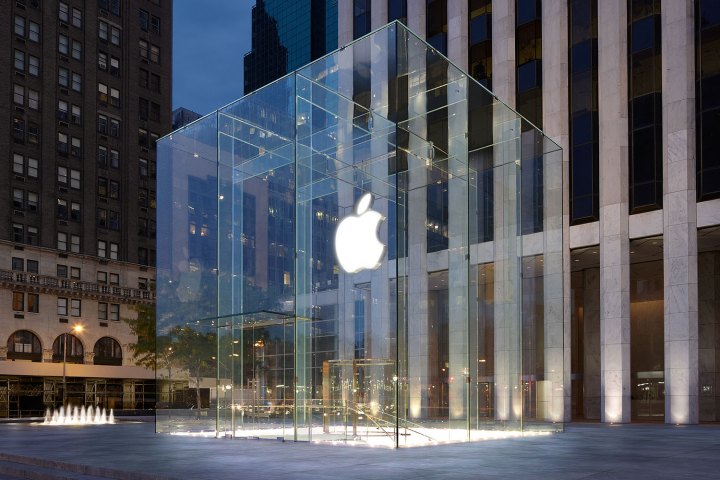
Law enforcement in the U.S. made 4,000 device requests between July 1 and December 31 last year, for 16,148 devices. Apple provided some data for 80 percent of these device requests. A vast majority of requests from local law enforcement pertain to lost or stolen devices, as law enforcement searches for contact information to return the devices to their owners. Apple even encourages people who have lost a device, or had it stolen, to contact their local law enforcement agency.
“We consider these requests very carefully and provide account content when the legal request is a search warrant.”
There are four other types of requests that Apple receives: Account requests, emergency requests, national security orders, and account deletion requests. Of course, it’s important to note that there remains information that Apple cannot legally disclose, and the Cupertino company says it will notify a customer of personal data requests, unless Apple is “explicitly prohibited from doing so.”
There were only three account deletion requests, all three of which Apple complied with. In total, Apple received 178 emergency requests, 106 of which were from the U.S. Apple can voluntary disclose data, such as “contents of communications and customer records,” to government authorities when an emergency request involves imminent danger of death or serious injury to anyone.
Account requests, on the other hand, are when Apple is asked to provide information from someone’s iTunes or iCloud account — which includes disclosing a name, address, and in “certain cases,” photos, email, iOS device backups, documents, contacts, and more. Apple faced 1,015 account requests from the U.S. government, which covered 5,192 accounts. Of those accounts, Apple disclosed data of 4,411 accounts, and Apple objected 116 account requests.
China made 32 requests for 6,724 accounts, and Apple disclosed data for 5,082 of them. Seventeen of those requests had non-content data revealed. However, the only countries where some content was disclosed in account requests were Brazil and the U.S.
“We consider these requests very carefully and provide account content when the legal request is a search warrant,” the iPhone-maker said in its transparency report.
National security orders are more vague, as they include orders from FISA and National Security Letters. Apple says it has not received any orders for bulk data, but it has received 1,250 to 1,499 National Security Orders, which affect 1,000 to 1,249 accounts.
Access requests from law enforcement are a hot topic these days, as Apple continues to battle the Justice Department against its request that Apple weaken its encryption. Law enforcement agencies across the country are having trouble in criminal investigations, as growing numbers of commercial devices have encryption turned on by default. That limits the access investigators have when trying to pry into criminal’s phones, which could potentially hold useful information.
Apple and the majority of tech, legal, crytography, and cybersecurity experts agree that weakening encryption to offer backdoor access for the government would only threaten the public’s security and privacy.
Editors' Recommendations
- Everything Apple says is wrong about the DOJ’s iPhone lawsuit
- Apple’s mythical folding iPhone might soon become a reality
- Apple is about to change iPhone web browsing forever
- Why RCS for the iPhone is Apple’s biggest announcement of 2023
- Apple used this free iPhone app to shoot Monday’s Scary Fast event


